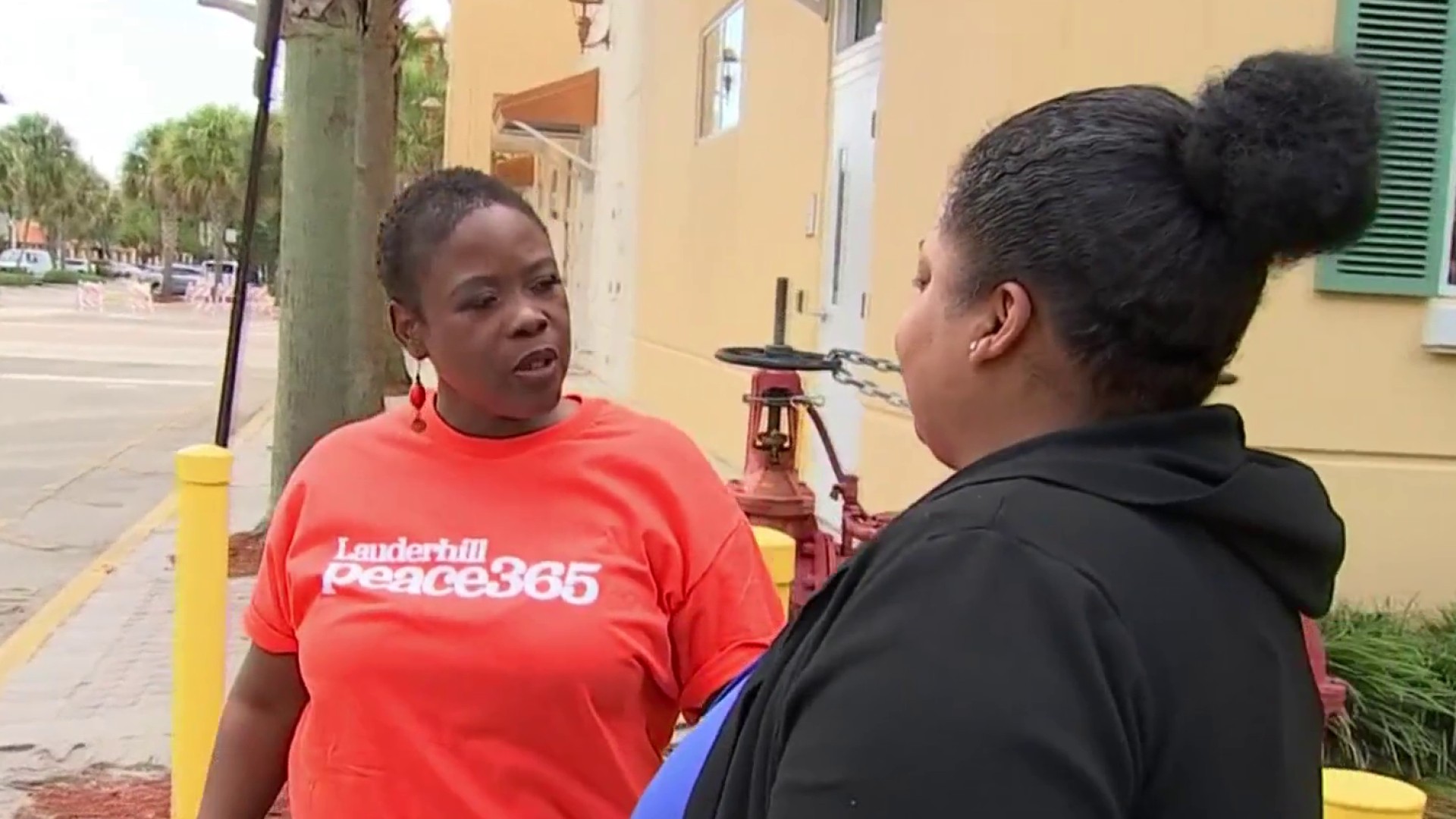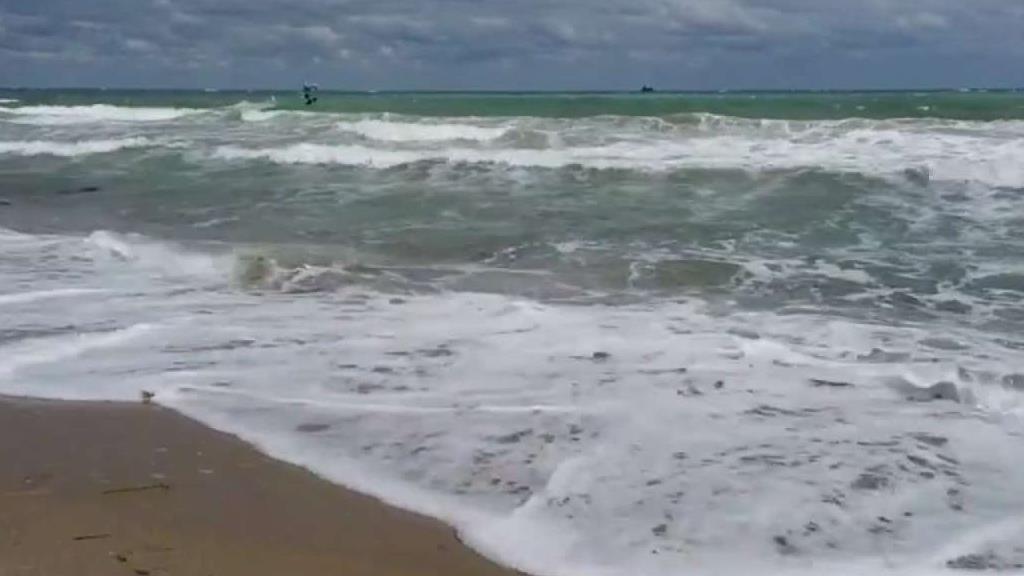As the nation prepares for the first vaccines to combat COVID-19, Florida’s governor is adding to the confusion about who will be among the first to get it.
Medical and political figures are saying different things and now Sen. Rick Scott (R-Florida) is asking: What’s going on?
Florida has nearly 22 million residents, but next month might get enough of the Pfizer vaccine to immunize one million of them.
"That obviously is not going to be enough to vaccinate everyone right away, so there will be priorities set," Florida Gov. Ron DeSantis said in a video press release Wednesday, continuing his recent practice of not taking questions from reporters about his handling of the pandemic or anything else.
The governor will have the most say over who gets the vaccine first, and he agrees with everyone else with whom NBC 6 has spoken that front line health care workers should get the first shots.
"In Florida, we are going to set priorities focusing on specifically those who are most vulnerable, elderly residents in long term care facilities, as well as our front line health care workers who are interacting with vulnerable patients day in and day out," DeSantis said.
But the head of Jackson Health System, the state’s largest, said Tuesday he was told by the state that first responders would be among the first to get vaccinated.
Local
"The priorities are going to be based on what has been given right now by the governor and his staff is that we will first provide it to all health care workers, first responders and people at risk," said Carlos Migoya. "It will be in that order based on instruction from the state."
But DeSantis never mentioned first responders in his video press release -- and his office has not responded to repeated requests Wednesday for clarification.
Miami Mayor Francis Suarez said -- after health care workers -- he’s hearing the workers at nursing homes and assisted living facilities are getting infected — more so than the residents.
"I can tell you from my call with the coronavirus task force (Tuesday) that they’re incredibly concerned with the number of workers at long term health care facilities that are getting infected," Suarez said, saying 37% of those facilities had infected workers, about double the share for residents.
So, Suarez said, his takeaway on priorities was first health care workers and long-term care employees, then first responders.
"They’re responding to every day calls from the public, and we try to do a very good job of isolating people who are feeling sick, get them tested, all kinds of isolation protocols, but, you know, it’d be great if they were inoculated quicker," Suarez said.
But -- again-- DeSantis never mentioned first responders, such as police officers and firefighters, other than EMTs and paramedics.
"As more vaccine becomes available we of course want to get that into the broader senior community first and then into the broader community at large," DeSantis said.
Sen. Scott wrote to the federal Department of Health and Human Services demanding they “provide a firm definition for populations in the different priority groups … (and asking) how will the states prioritize”?
The man who took over his office as governor is not answering questions about that, but his absence from public inquiry is not related to him contracting the virus.
DeSantis has not tested positive, his spokesman told NBC 6.



